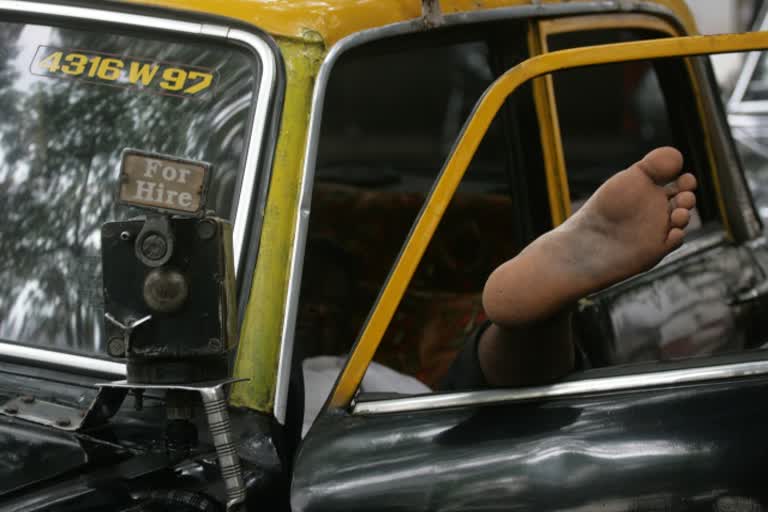There is more to the matter: For one thing, the researchers found, short daytime naps do help productivity and well-being. For another thing, participants tended to sleep at night in difficult circumstances, with many interruptions. The findings leave open the possibility that helping people sleep more soundly, rather than just adding to their total amount of low-grade sleep, could be useful.
“People’s sleep quality is so low in these circumstances in Chennai that adding sleep of poor quality may not have the benefits that another half hour of sleep would have if it’s of higher quality,” Schilbach suggests.
Sleeping on rickshaws -Schilbach, a development economist, says the genesis of the study came from other research he and his colleagues have done in settings such as Chennai — during which they have observed that low-income people tend to have difficulty sleeping circumstances in addition to their other daily challenges.
“Often, there are four or five people sleeping in the same room where it’s loud and noisy, you see people sleep in between road segments next to a highway. It’s incredibly hot even at night, and there are lots of mosquitos. Essentially, in Chennai, you can find any potential irritant or adverse sleep factor.” To conduct the study, the researchers equipped Chennai residents with actigraphs, wristwatch-like devices that infer sleep states from body movements, which allowed the team to study people in their homes. Many other sleep studies observe people in lab environments.
